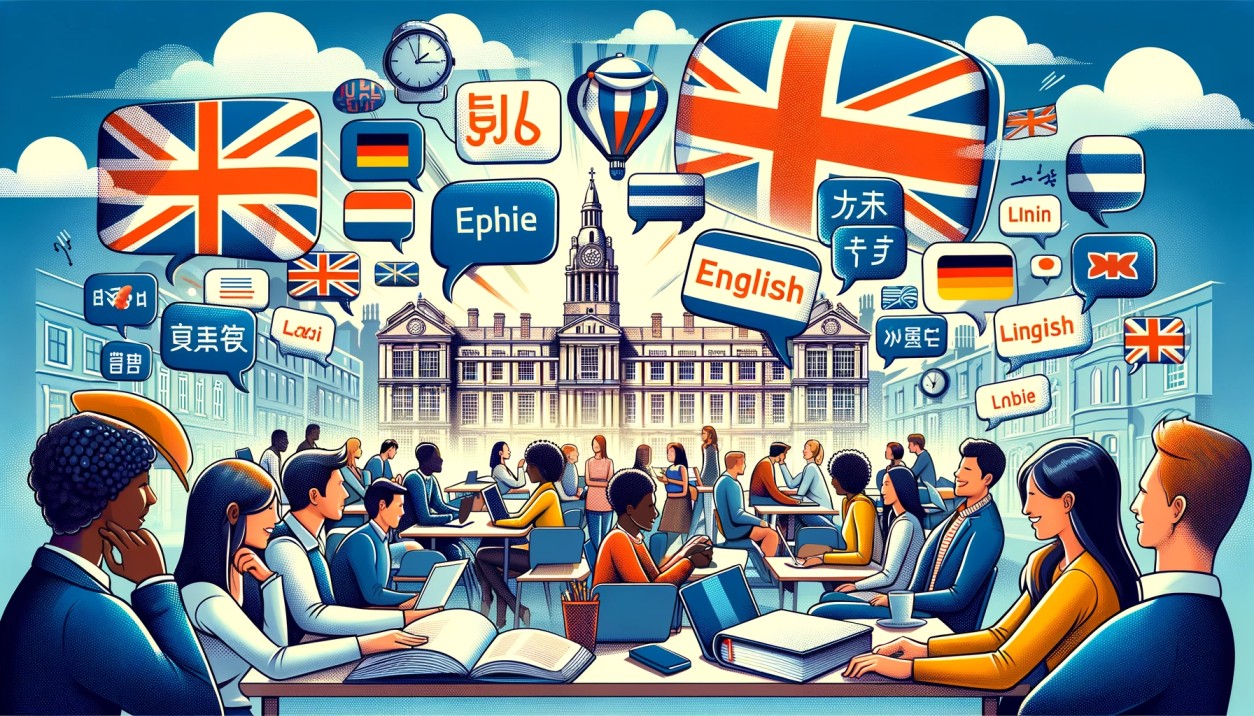In today’s globalized world, UK universities have become melting pots of cultures and languages, drawing students from across the globe. This diversity, while enriching the academic environment, brings with it the challenge of language barriers. Overcoming these barriers is essential not only for the academic success of international students but also for fostering a truly inclusive and collaborative educational setting.
The Impact of Language Barriers on Academic Performance and Integration
Language barriers in UK universities can significantly impact students’ academic performance and social integration. Students who are not proficient in English may struggle to understand lectures, participate in discussions, and express their ideas in assignments. This not only affects their grades but can also lead to a sense of isolation and decreased participation in campus life.
Strategies for Universities to Support Non-Native English Speakers
To support non-native English speakers, universities can implement several strategies:
- Enhanced English Language Support: Providing comprehensive English language courses and tailored support can help students improve their language skills, thereby enhancing their academic performance.
- Training Faculty and Staff: Training for faculty and staff in cultural sensitivity and effective communication techniques with non-native English speakers is crucial.
- Peer Support Systems: Establishing mentorship and buddy programs can facilitate cultural exchange and language practice, helping students acclimate more quickly.
Creating an Inclusive Academic Environment
An inclusive academic environment is key to overcoming language barriers. This includes:
- Encouraging Multilingualism: Promoting the value of multilingualism on campus can create a more welcoming environment for students who speak languages other than English.
- Diverse Teaching Methods: Incorporating diverse teaching methods that cater to different learning styles can help bridge the gap for students facing language barriers.
- Promoting Cross-Cultural Interaction: Organizing events and activities that encourage interaction between domestic and international students can enhance mutual understanding and respect.
Technological Aids in Overcoming Language Barriers
The use of technology can be a powerful tool in breaking down language barriers:
- Language Translation Tools: Encouraging the use of language translation tools can aid students in understanding and completing their academic work.
- Online Language Learning Resources: Providing access to online language learning platforms can offer students flexible options to improve their English proficiency.
The Role of Government and Policy Makers
The government and policy makers play a vital role in addressing language barriers in education. This includes:
- Funding for Language Programs: Allocating funds for language support programs in universities can significantly aid in overcoming language barriers.
- Policies Promoting Language Diversity: Implementing policies that promote language diversity and inclusivity in higher education can lead to more equitable educational outcomes.
Conclusion
Overcoming language barriers in UK universities is essential for ensuring that all students, regardless of their linguistic background, have equal opportunities to succeed academically and socially. By implementing effective strategies and fostering an inclusive environment, universities can help students navigate these challenges and contribute to a more diverse and enriched academic community.
Learn More About: Legal Linguistics: Mastering English for UK Law Success
Next Post